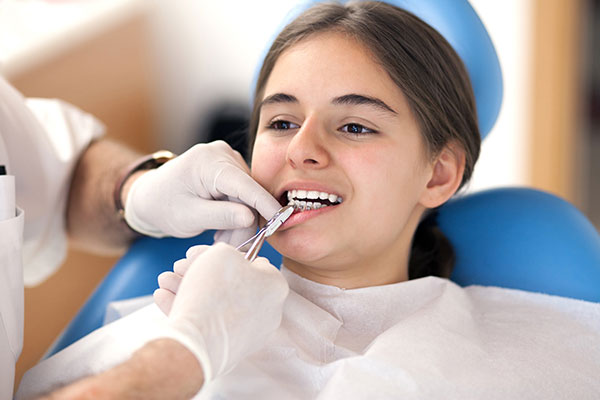
As youth grow into teenagers and young adults, new oral health concerns come into play. Teenagers may begin to experiment with cigarettes, oral jewelry, and other high-risk behaviors which could negatively impact their dental health. These habits can be difficult to quit as they reach adulthood.
During the life stage, it’s important for teenagers to establish good oral hygiene routines and habits at home. Most importantly, they should routinely visit the dentist for a comprehensive dental cleaning at least two times each year.
Common Dental Concerns Affecting Teens & Young Adults
Given their age and behavior tendencies, there are specific factors that commonly affect teens and young adults. These concerns, such as smoking, oral jewelry, eating disorders, and alcohol, can negatively impact oral health in the long run, including:
Tobacco and Nicotine
The nicotine found in cigarettes, e-cigarettes, chewing tobacco, and cigars is highly addictive. Around 2,000 teens under the age of 18 try their first cigarette every day. And out of these 2,000, about 300 become regular smokers. Not only is nicotine the leading cause of death in the USA, but it also contributes to a number of diseases. Those young adults who begin smoking early on have an increased risk of premature death from a smoking-related disease. Diseases such cancer, respiratory disease, and heart diseases are linked to long-term smoking.
Dental problems caused by smoking tobacco and nicotine include:
Bad breath: Halitosis, commonly referred to as bad breath, is an unpleasant side effect of using tobacco products.
Dry mouth: Dry mouth, also known as xerostomia, is a condition that occurs when a person’s salivary glands stop producing enough saliva to keep the mouth continually moist. Unfortunately, nicotine and tobacco slow down a smoker’s saliva production, leading to dry mouth. This condition can also contribute to dental erosion, tooth decay, gum disease, sores in the mouth, and thrush, among other oral problems.
Plaque and tartar: Considering tobacco products slow the production of saliva within the mouth, this condition can lead to a buildup of plaque. If plaque layers on the teeth surfaces are not brushed and removed thoroughly, they can harden. The hardened plaque form is tartar, which can only be removed by a dentist.
Gum disease: Dry mouth and plaque buildup, both consequences of tobacco use, can lead to gum disease. Mild gum disease, known as gingivitis, can progress into severe periodontal disease if left untreated. Individuals with gum disease often experience swollen, red, bleeding, discomfort, tooth decay, loose teeth, and even tooth loss.
Discolored teeth: Using tobacco products undoubtedly leads to stained teeth. Smokers’ teeth become yellow, brown, and even black with prolonged use.
Oral cancers: Unfortunately, smoking increases one’s risk of developing cancer- particularly oral cancers. The primary cause of cancers within the mouth is smoking or chewing tobacco. Individuals who use tobacco can develop cancers that affect the tongue, lips, throat, cheeks, or gums.
Oral Piercings
It is common for teens and young adults to pursue oral piercings. Unfortunately, these forms of jewelry can cause significant nerve damage in addition to obstructing X-ray images during dental exams. Oral piercings placed in the lips or tongue can lead to serious dental health complications, such as:
- Gum recession in areas where the jewelry comes into contact with the gum tissue.
- Damaged or chipped teeth.
- Damage to dental fillings (cavity fillings) or other restorative treatments.
- Bleeding, swelling, or infection of the inside of the mouth.
Eating Disorders
Many teens and young adults struggle with physical appearance issues which are going through puberty and growing. These physical obsessions can lead to eating disorders which ultimately can affect a teen or young adult’s ability to develop properly. They negatively impact an individual’s physical, emotional, and mental health. Common oral conditions that one might see in a teen with an eating disorder include:
- Nutritional deficiencies: Individuals who restrict food often experience vitamin deficiencies. Not ingesting enough calcium, for example, can lead to tooth decay, gum disease, poor breath, canker sores, and dry mouth.
- Dental erosion: Individuals with the eating disorder bulimia may experience erosion of the tooth enamel. This is a result of frequent vomiting, which wears away the outer layer of teeth and can cause brittle or weak teeth.
Common Dental Treatments And Procedures Among Teens & Young Adults
As their jaws and teeth develop, young adults are often ideal candidates for particular dental procedures. The treatments that Dr. Williams may recommend for your teen as a result of their growing dental conformation include:
- Wisdom teeth removal: Wisdom teeth erupt anywhere between 16 to 20 years of age. These teeth can cause significant damage to healthy teeth as well as misalignment of the dentition; therefore, it’s typically recommended to remove them early on.
- Traditional braces: Many youth and teens elect to pursue traditional braces as a means of straightening crooked or misaligned teeth. They are a type of orthodontic solution designed to give youth a confident smile.
- Clear dental aligners: Aligners are a discrete alternative to traditional braces used to straighten teeth. They are typically used in less complex cases and are both aesthetically pleasing and comfortable.
- Gum disease treatment: Hormone fluctuations during puberty and menstruation can lead to inflamed and sensitive gums. Many teens are diagnosed with gingivitis and may need to undergo gum disease treatment to reverse this gum condition. Unfortunately, if left untreated, this gum disease can progress and affect teens into their adulthood.
Optimal Dental Care For All Life Stages At Ascent Family Dental
Teens and young adults are at higher risk for certain dental conditions, given their hormonal changes and potentially risky behaviors. Establishing proper dental hygiene during teen years is critical to ensure an individual maintains a healthy and bright smile. By brushing twice daily, flossing every day, and scheduling routine dental cleanings and appointments for your young adult, you can ensure they’ll have optimal oral health throughout all life stages. Reach out to Ascent Family Dental to schedule your teen or young adult routine appointment today.
Improve your oral health with Ascent Family Dentistry
Dental Solutions For You
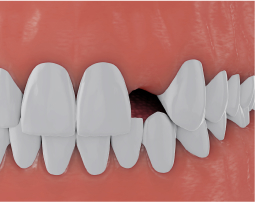
Are you missing a tooh?
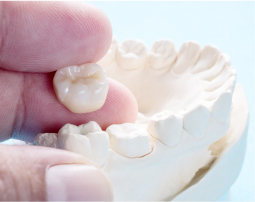
I have a broken tooth. Help!

I want to feel confident about my smile.
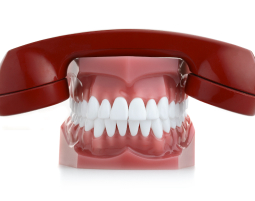
I’m in pain. What do I do?
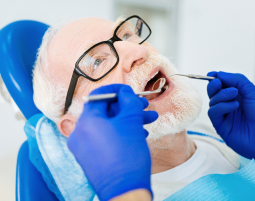
My snoring is keeping everyone awake!

I have questions about dentures. Can you help?
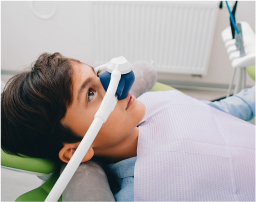
But I’m afraid to visit a dentist!

My gums are bleeding. Something’s not right!

